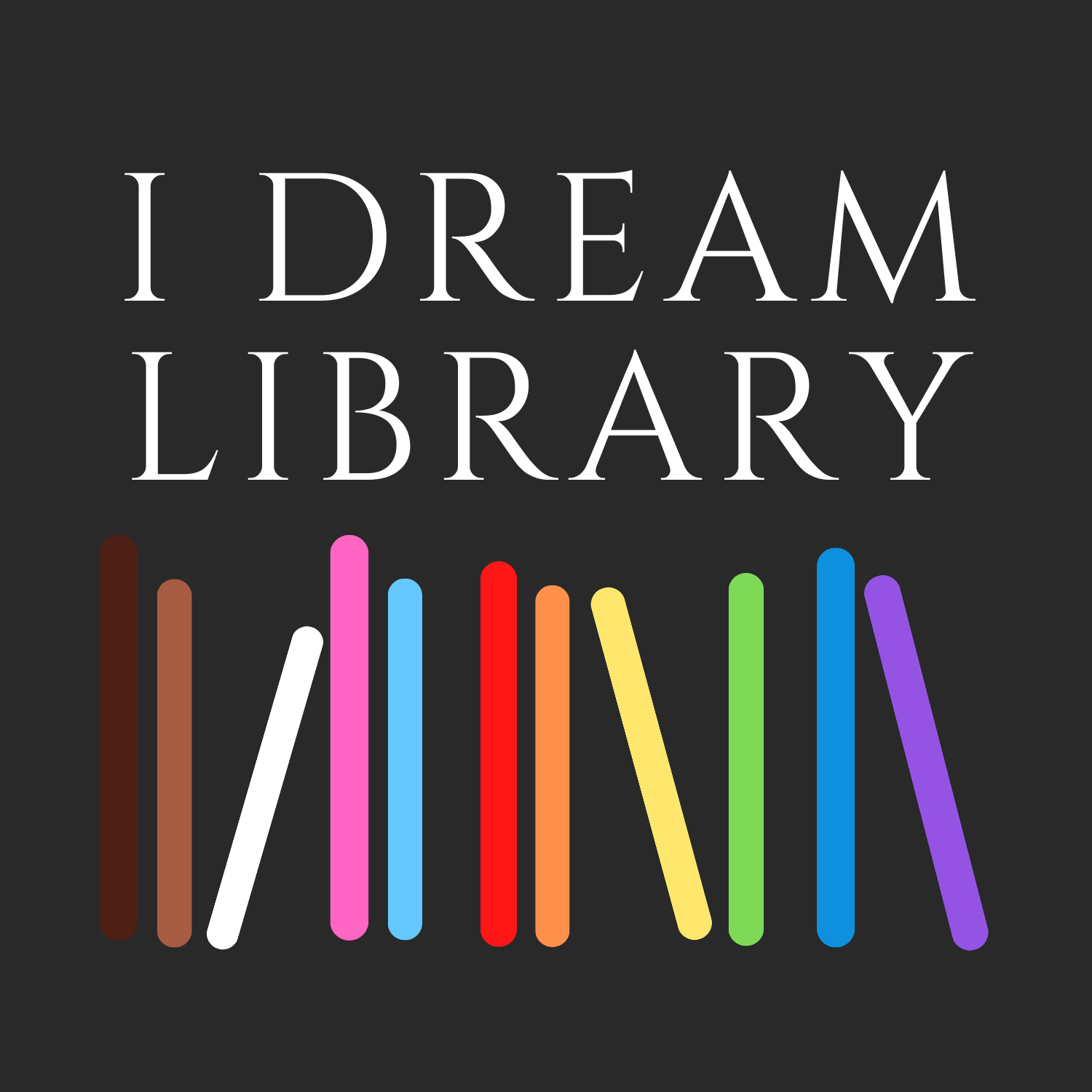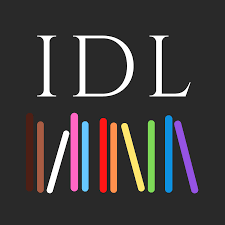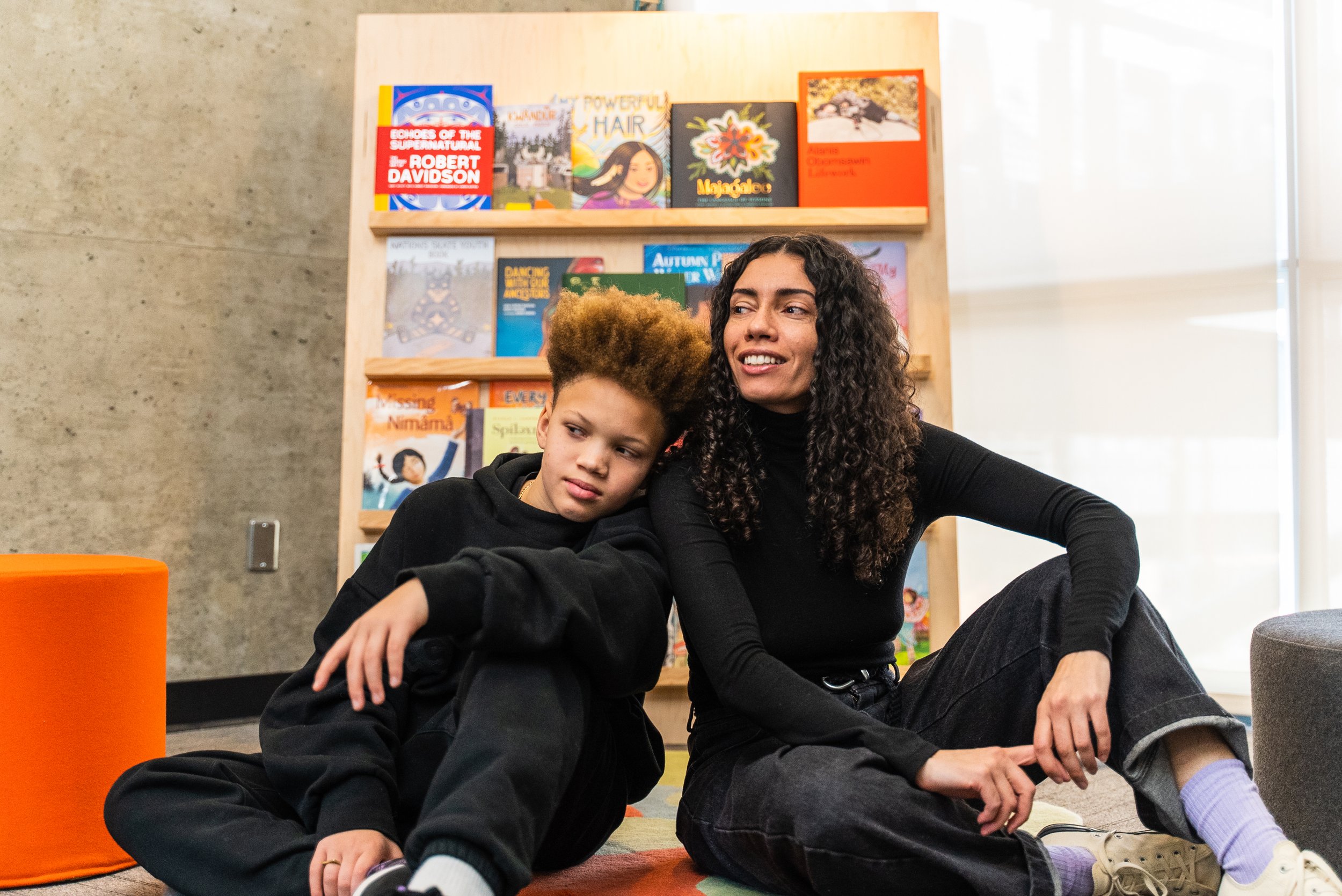book your
I Dream Library Workshop
Professional Development for K-12 schools, post secondary, and organizations
Workshops for...
-

SCHOOLS
elementary, secondary, post secondary, alternative learning (Montessori. etc.) libraries, community centers, arts schools, after school learning centers.
-

DISTRICTS
School districts, Regional Health authorities
-

ORGANIZATIONS
Arts & Culture Institutions, Charities & Non-profits, Social Enterprises, Community Groups
Customized Workshops
We offer customized workshops to meet the needs of your group, faculty, or organization. Ongoing supports include workshop series and consultation services that cover strategic planning, evaluation, education design, and policy development.
Winter 2025 Workshops
-
The most recent offering from education designer / artist / author Aisha Kiani, TOGETHER WE THRIVE is a collection of ready to go intersectional anti-oppression lesson plans that unite educators of all stages and grade levels in bringing urgent social justice conversations to students in-class and online.
This workshop includes the history of how this project came to be, and dialogue with participants on use of the curriculum in their classrooms and learning communities.
-
Born out of the curatorial practice that created I Dream Library, the RADAR evaluation framework offers an intersectional understanding of how Reconciliation, Allyship, Diversity, and Anti-racism can be employed in our teaching practices. This workshop introduces how RADAR can be used independently, daily, and collaboratively to reflect on personal process, choose literacy tools, and inform literacy evaluation.
Participants receive I Dream Library's RADAR Equity Evaluation Framework for K-12
-
How can educators and students use I Dream Library to meet their curriculum learning outcomes?
I Dream Library is a multimedia literary resource, with an interdisciplinary approach to storytelling and a digital (and real) archive that includes intersectional representation of stories from and featuring underrepresented communities. The archive includes books, film, interviews, lectures, panel discussions, articles, essays, objects, photography, and theater scripts.
This workshop introduces ways that students students, teachers, and parents and can engage this unique and unrestricted collection as a resource in classrooms and at home.
-
Creating change through diverse literature - A history of the North American multicultural literacy movement, beginning in the late 1980's and the present day impact.
Focus includes: navigating barriers to accessing diverse and inclusive books, literacy programs, evaluation and a transformative justice approach to childhood literacy.
-
What is the relationship between Positionality, Privilege, and Power, and how does it impact our approach when making decisions?
At all levels of education, equitable decision-making begins with a self-reflective process. We can better advocate for and create equitable learning environments when we understand our approach to decision-making, and how individual or collective bias impacts how we engage equity everyday.
This workshop introduces participants to these 3 P’s that inform our relational capacity for equitable decision-making. Through conversation and collaboration, we’ll learn how we can personally and collectively make decisions that benefit marginalized people, communities, and lived experiences in all education environments.
-
This workshop introduces the active witnessing through the work of scholars, community leaders, and educators who have developed complementary frameworks, and practices to better understanding and become an active witness.
Facilitated dialogue on:
community inclusion and setting boundaries
historic and present day context that, over time, normalize oppression
Forum theater to practice intervention methods that address the behaviour not the person.
-
This workshop introduces participants to bias as a relationship between habit and harm.
Participants will apply shared knowledge to a framework that identifies:
the root of bias beliefs
the environment that nurtures habit
the benefit that diverse perspectives offer in consciously creating new responses to personal belief
This framework reveals a greater personal capacity for kindness toward ourselves, our environment, and those in our local and global community.


